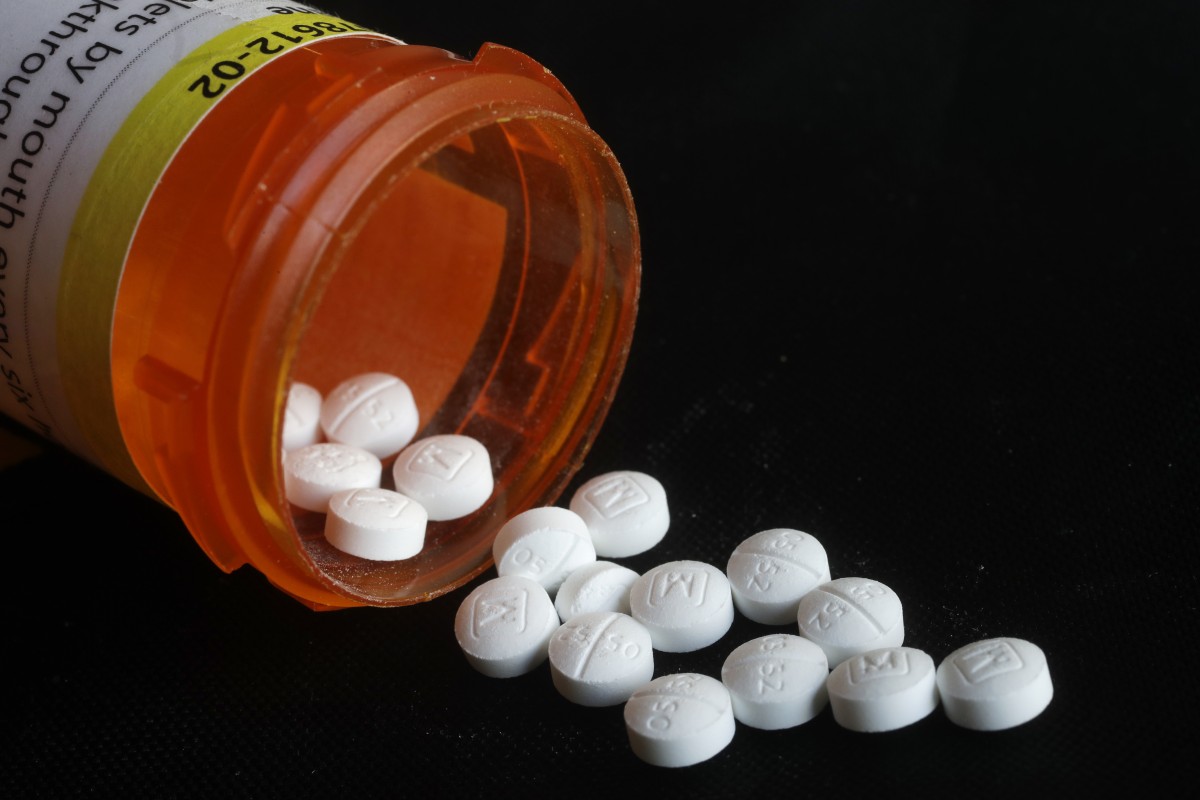Isolation, unemployment and disposable income.
Bob Hansen, executive director of the Office of Drug Control Policy for the West Virginia Department of Health and Human Services, said those factors, both brought about by the COVID-19 pandemic, have contributed significantly to a spike in drug overdoses and overdose deaths.
Hansen explained that data collected from Emergency Medical Services indicates a doubling of overdose calls in May as compared to May last year.
“Data suggests two main correlating factors most likely to have contributed to the rise in overdose and overdose fatalities in West Virginia. A combination of isolation due to travel restrictions, combined with seemingly disposable income in the form of stimulus payments coincide temporarily with the overdose spike in May,” he said.
Add to that the stress many faced over the loss of work. The state’s unemployment rate nearly tripled between March and April, approaching 15%.
Hansen said being socially isolated not only weighs on people emotionally, but also had the effect of decreasing access to overdose-reversing drug Naloxone for many dealing with substance abuse disorder.
Through a pair of new initiatives the WVDHHR is working to eliminate some of the barriers for people seeking treatment for opioid addiction.
In February, the Bureau for Behavioral Health State Opioid Response Program (SOR) awarded funding to the Bureau for Children and Families to broaden the income eligibility guidelines for child care for SOR program participants.
The idea behind the program — employment supports recovery. And childcare is expensive.
According to data put out by the U.S. Department of Health and Human Services, the average monthly cost of infant care in West Virginia is $728, about 4% more than the state’s average housing rent.
Due to the ongoing developments with COVID-19, the childcare program is temporarily paused.
WVDHHR has also partnered with the West Virginia Public Transit Association to offer free transportation for people with opioid use disorder.
Commissioner Christina R. Mullins with the WVDHHR Bureau for Beahvioral Health explained the since the program began this past spring, it’s provided 7,336 rides totaling 189,805 miles.
Individuals with OUD seeking transportation to care can call 1-888-696-6195 to schedule a ride. Information about the program can be found at wvtransit.com/wva-transit-systems/.
TWEET @BenConley_DP




